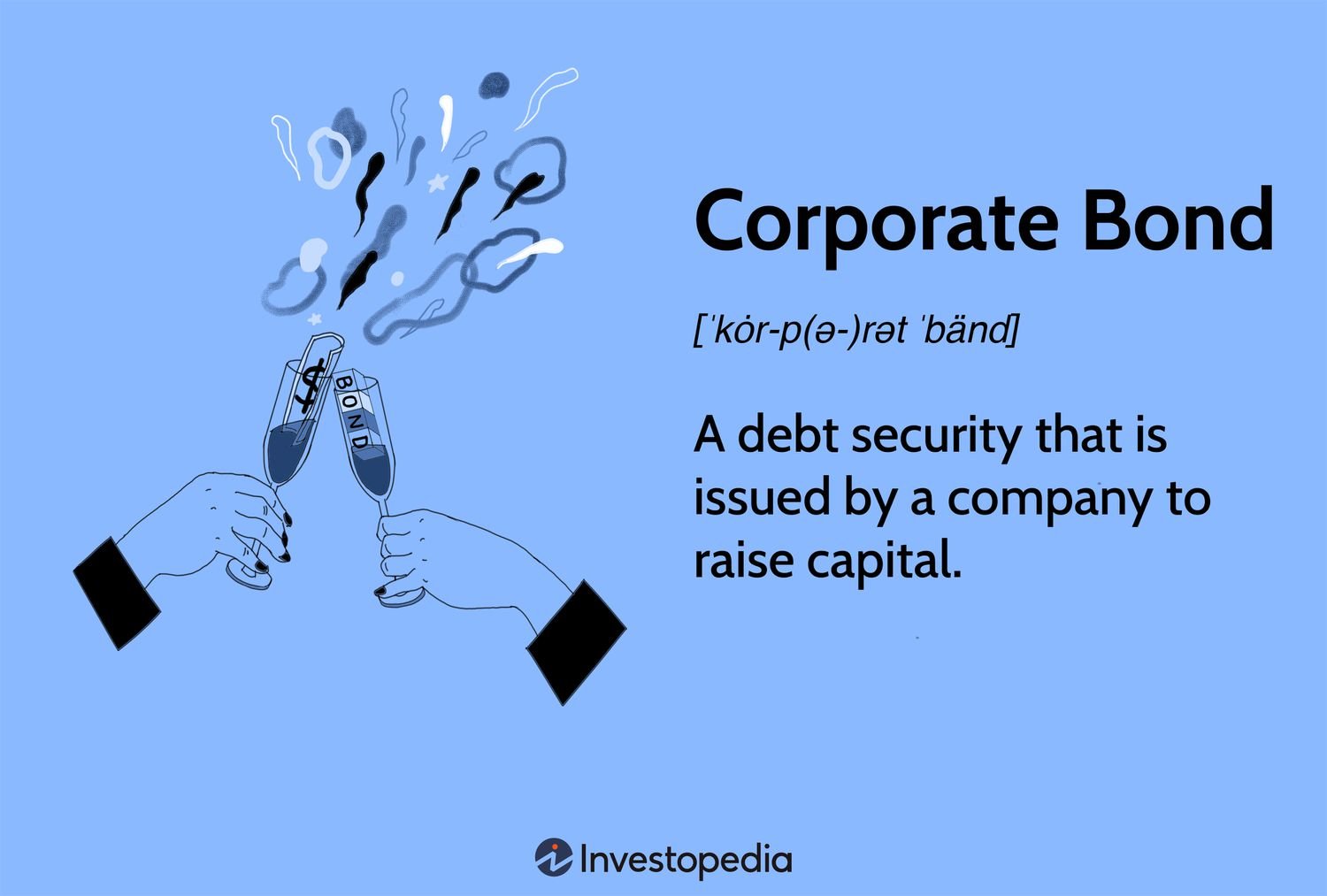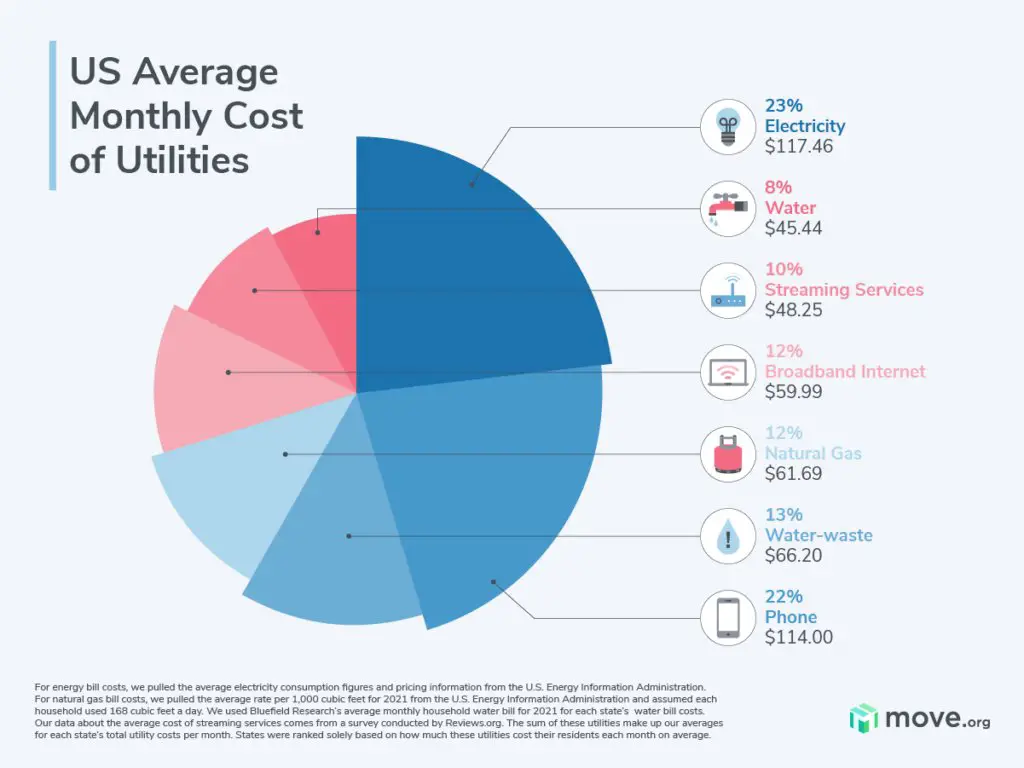Planning a wedding is an exhilarating experience, filled with anticipation and excitement. But as you begin to dive into the details, one question always lingers: how to create a wedding budget that works? Don’t worry, we’ve got you covered. In this article, we’ll guide you through the process of creating a budget that not only suits your financial situation but also allows you to bring your dream wedding to life. So, let’s get started on this essential step towards your special day!
How to Create a Wedding Budget That Works
Planning a wedding can be an exciting and joyful time, but it can also come with a lot of financial stress. Creating a wedding budget is a crucial step in ensuring that you can have the wedding of your dreams without breaking the bank. In this comprehensive guide, we will walk you through the process of creating a wedding budget that works for you. From setting priorities to tracking expenses, we’ve got you covered.
1. Determine Your Total Wedding Budget
Before diving into the specifics, it’s important to establish the total amount you are willing to spend on your wedding. Sit down with your partner and discuss your financial situation and how much you can comfortably allocate to your special day. Consider any contributions from family members as well. This initial budget will serve as a baseline for all the other decisions you make.
2. Prioritize Your Wedding Must-Haves
Every couple has different priorities when it comes to their wedding day. Take some time to discuss what aspects of the wedding are most important to both of you. Is it the venue, the food, the flowers, or the photography? By identifying your must-haves, you can allocate a larger portion of your budget to those elements and make compromises in other areas if necessary.
2.1 Venue
The venue is often one of the largest expenses in a wedding budget. Consider the type of wedding you want and research various venues that align with your vision. Keep in mind that popular venues may come with higher price tags, so be prepared to be flexible with your wedding date or explore alternative venue options to save money.
2.2 Food and Beverage
Food and beverage costs can quickly add up, especially if you’re planning a larger wedding. When deciding on your catering options, consider whether you want a formal sit-down dinner or a more casual buffet-style meal. Be sure to account for special dietary restrictions and preferences of your guests.
2.3 Decorations and Flowers
From centerpieces to bouquets, flowers and decorations play a significant role in creating the ambiance of your wedding. Research florists and decorators in your area to get an idea of the cost. If you’re looking to save money, consider using seasonal flowers or incorporating more greenery into your arrangements.
2.4 Photography and Videography
Your wedding photos and videos will be cherished memories for years to come. Allocate a portion of your budget to hiring a professional photographer and videographer who can capture all the special moments of your big day. Compare different packages and portfolios to find a photographer whose style aligns with your vision.
3. Allocate Funds for Miscellaneous Expenses
In addition to the must-haves, there will be other expenses that arise during the wedding planning process. It’s important to set aside a portion of your budget for these miscellaneous costs. Some examples include:
- Wedding favors
- Transportation
- Stationery (invitations, save-the-dates, etc.)
- Wedding attire (wedding dress, tuxedo/suit, accessories)
- Beauty services (hair, makeup, nails)
- Entertainment (DJ, live band, etc.)
- Wedding planner or day-of coordinator
4. Create a Detailed Expense Tracker
To ensure you stay within your wedding budget, it’s essential to keep track of your expenses. Create a spreadsheet or use a wedding budgeting app to record every expense related to your wedding. Include categories such as venue, catering, attire, and miscellaneous costs. This will allow you to see where your money is going and identify areas where you may need to cut back or adjust your spending.
5. Research and Compare Vendor Prices
One of the best ways to stay within your budget is to research and compare prices from different vendors. Don’t settle for the first option you come across. Obtain quotes from multiple vendors for each aspect of your wedding and compare their prices, packages, and reviews. This will ensure that you are getting the best value for your money.
5.1 Negotiate with Vendors
Don’t be afraid to negotiate with vendors to get the best possible deals. Many vendors are willing to work with couples on pricing, especially if you are booking multiple services with them. Be polite, explain your budget constraints, and see if they are open to customizing packages or offering any discounts.
6. Consider DIY and Do-It-Together Options
If you’re looking to save money, consider incorporating DIY (do-it-yourself) or DIT (do-it-together) elements into your wedding. This can include creating your own centerpieces, designing your invitations, or even baking your own wedding cake. However, be realistic about your skills and the time commitment required. DIY projects can sometimes end up costing more if they don’t turn out as planned.
7. Keep a Buffer for Unexpected Expenses
Even with meticulous planning, unexpected expenses can arise during the wedding planning process. It’s important to keep a buffer or contingency fund in your budget to account for these unforeseen costs. Aim to have around 5-10% of your total budget set aside for emergencies or last-minute additions.
8. Review and Adjust Your Budget Regularly
As you progress with your wedding planning, be prepared to review and adjust your budget regularly. Unexpected changes may require you to reallocate funds or make adjustments in certain areas. By staying on top of your budget, you can ensure that you are making informed decisions and keeping your spending in check.
Remember, creating a wedding budget is all about prioritizing what’s important to you as a couple while being mindful of your financial limitations. With careful planning and disciplined budgeting, you can have a beautiful wedding that reflects your unique love story without the stress of overspending. Happy planning!
Creating your Wedding Budget: Quick and Easy Guide + Tips to Save you Money!!
Frequently Asked Questions
Frequently Asked Questions (FAQs)
How can I create a wedding budget that works?
To create a wedding budget that works, follow these steps:
What factors should I consider when creating a wedding budget?
Consider the following factors when creating a wedding budget:
How do I determine how much to allocate for each wedding expense?
To determine how much to allocate for each wedding expense, follow these guidelines:
What are some common wedding expenses that I should include in my budget?
Here are some common wedding expenses that you should include in your budget:
How can I save money on wedding expenses without sacrificing quality?
You can save money on wedding expenses without sacrificing quality by considering the following tips:
Should I include a contingency fund in my wedding budget?
Yes, it is recommended to include a contingency fund in your wedding budget. Here’s why:
What are some effective ways to track and manage my wedding budget?
Use these effective ways to track and manage your wedding budget:
What should I do if my wedding expenses exceed my budget?
If your wedding expenses exceed your budget, consider taking the following actions:
Final Thoughts
Creating a wedding budget that works is essential to ensure you stay financially on track throughout the planning process. Start by determining your overall budget and breaking it down into categories such as venue, decorations, catering, and attire. Research and compare prices to make informed decisions and prioritize what matters most to you. Remember to factor in hidden costs, such as taxes and gratuities, and always leave room for unexpected expenses. Regularly track your spending to stay within budget and be flexible to make adjustments when necessary. By following these steps, you can create a wedding budget that works seamlessly for your special day.



